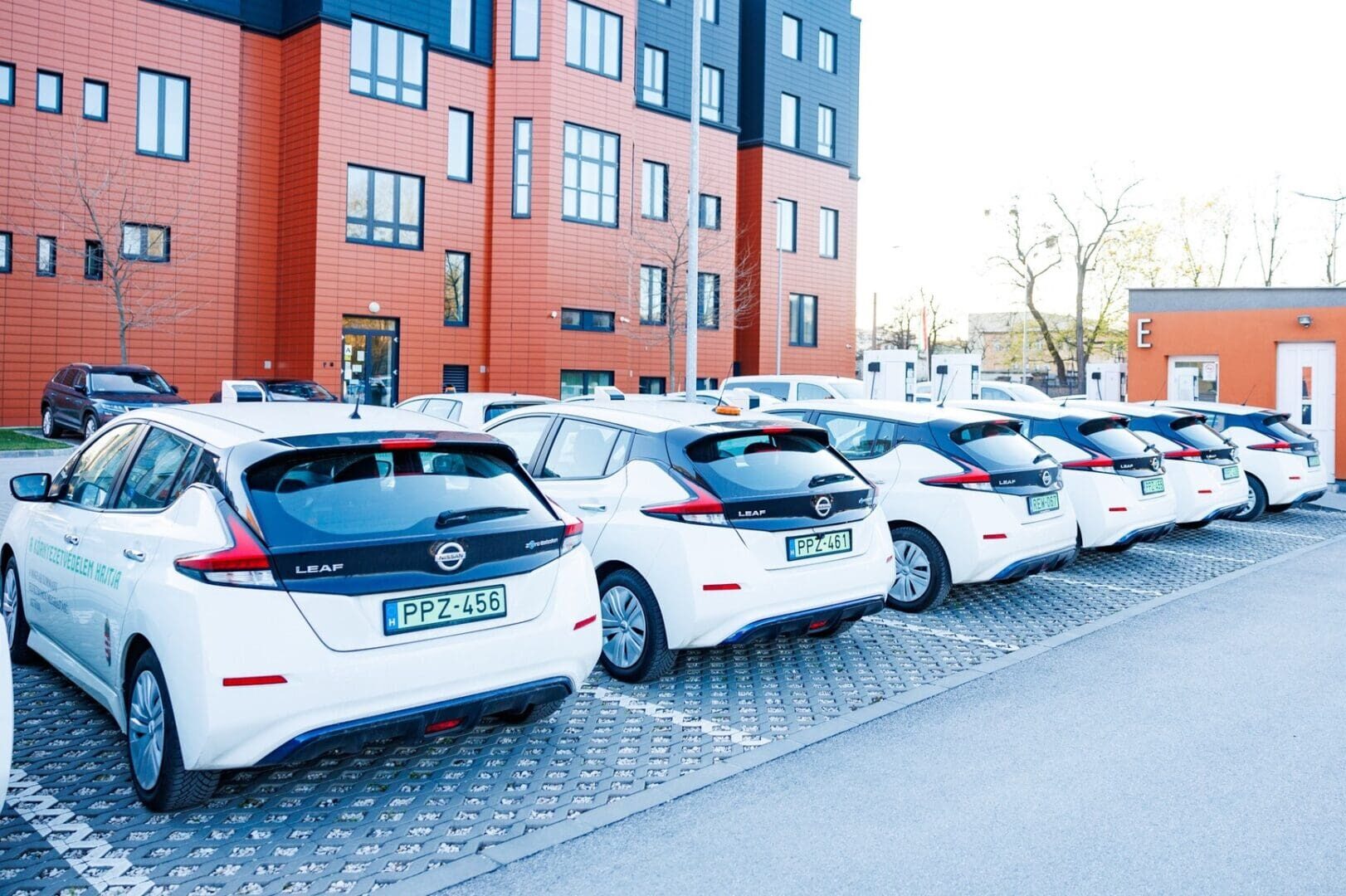Personally I feel that Plug-in hybrids are the best option for most people at this point. Most trips are fully electric, but the occasional trip out camping is no big deal, and even with those and other long drives it’s still typically around 1000 miles (1600 km) between filling the gas tank.
They seem like a great compromise, yet many owners don’t charge them regularly:
The average real-world electric driving share is about 45%–49% for private cars and about 11%–15% for company cars. In contrast, the official WLTP type-approval procedure assumes the share of driving in the mostly, but not fully, electric charge-depleting mode at around 70%–85%. The low electric driving share is one of the main reasons for the high deviation between type approval and real-world fuel consumption.
Source is a study of 9000 PHEV cars in europe.
Huh. Crazy. I don’t get why they wouldn’t just buy a cheaper regular hybrid in that case.
My family actually has 2 PHEVs sharing one 120v charger in the garage, and we still manage to keep both of them fully charged before driving them, nearly 100% of the time.
It’s probably a side effect of the government subsidies that make PHEV cheaper than regular cars.
Interesting that they’re going as far as making existing PHEVs exchange their plates. I might have grandfathered them in and only applied the changes to new vehicles.
Also, what’s a REEV? Not familiar with this term.
Should be range extended cars.


